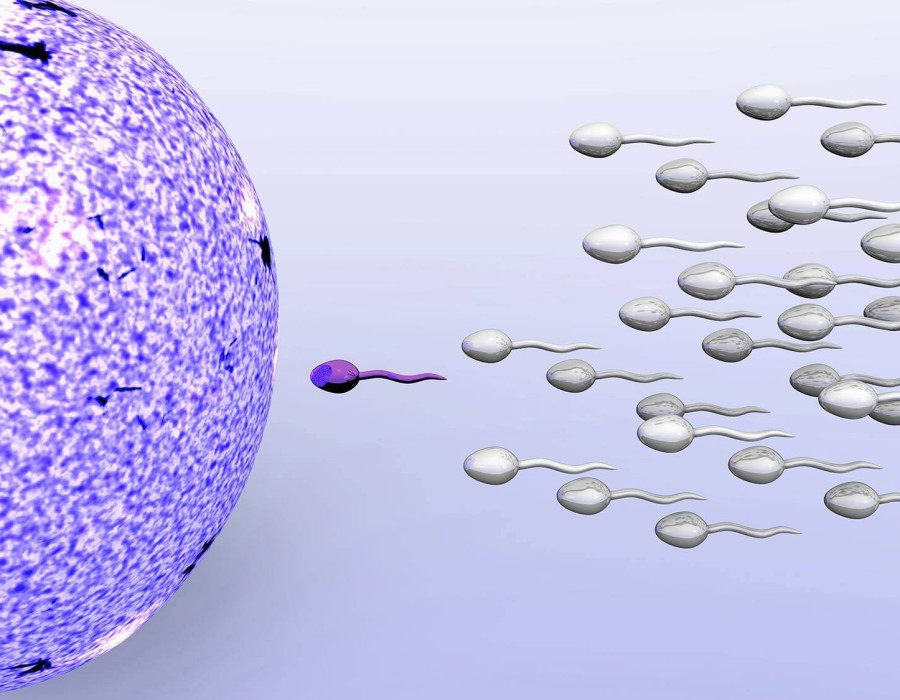Determining the most suitable infertility treatment for an individual involves a comprehensive and personalized approach. Medical professionals consider various factors through detailed evaluations and diagnostic tests. Here are the key steps and considerations involved in this process:
Initial Assessment
Medical History:
- Reproductive History: Detailed history of menstrual cycles, previous pregnancies, miscarriages, and any fertility treatments.
- General Health: Information on general health, including chronic illnesses, medications, surgeries, and lifestyle factors.
Physical Examination:
- A thorough physical examination to check for any obvious signs of reproductive issues.
Diagnostic Testing
Hormonal Assessments:
- Blood Tests: Measure levels of hormones such as FSH, LH, AMH, prolactin, thyroid hormones, and others that influence fertility.
- Ovulation Testing: Determining if and when ovulation occurs using methods like basal body temperature charting, ovulation predictor kits, or serum progesterone levels.
Imaging Studies:
- Ultrasound: Transvaginal ultrasound to evaluate the uterus, ovaries, and endometrial lining.
- Hysterosalpingography (HSG): An X-ray procedure to check for blockages or abnormalities in the fallopian tubes and uterus.
Semen Analysis:
- For male partners, a detailed semen analysis to assess sperm count, motility, morphology, and other parameters.
Specialized Tests:
- Laparoscopy: A minimally invasive surgical procedure to visualize and treat conditions like endometriosis or pelvic adhesions.
- Hysteroscopy: A procedure to inspect the uterine cavity for abnormalities.
Evaluation of Factors Affecting Fertility
Age:
- Female age is a critical factor; fertility declines with age, especially after 35.
Duration of Infertility:
- How long the couple has been trying to conceive without success.
Underlying Medical Conditions:
- Conditions like polycystic ovary syndrome (PCOS), endometriosis, uterine fibroids, or male factor infertility.
Previous Treatments and Outcomes:
- History of previous infertility treatments and their outcomes.
Personalized Treatment Plan
Lifestyle Modifications:
- Recommendations for changes in diet, exercise, weight management, smoking cessation, and reducing alcohol and caffeine intake.
Medical Treatments:
- Ovulation Induction: Medications like clomiphene citrate or letrozole to stimulate ovulation.
- Hormonal Therapy: To address hormonal imbalances or conditions like PCOS.
Surgical Interventions:
- Laparoscopic Surgery: To treat endometriosis, fibroids, or tubal blockages.
- Hysteroscopic Surgery: To remove uterine polyps or fibroids.
Assisted Reproductive Technologies (ART):
- Intrauterine Insemination (IUI): Placement of sperm directly into the uterus to enhance the chances of fertilization.
- In Vitro Fertilization (IVF): Retrieval of eggs and fertilization with sperm in a laboratory, followed by embryo transfer to the uterus.
- Intracytoplasmic Sperm Injection (ICSI): Injection of a single sperm directly into an egg, often used in cases of severe male factor infertility.
Third-Party Reproduction:
- Donor Eggs or Sperm: Using donated gametes when there are issues with egg or sperm quality.
- Surrogacy: When carrying a pregnancy is not possible or advisable for the intended mother.
Psychological and Emotional Support
- Counseling: Addressing the emotional and psychological impact of infertility and treatment.
- Support Groups: Providing connections with others facing similar challenges.
Continuous Monitoring and Adjustments
- Regular follow-ups and monitoring of the chosen treatment’s effectiveness.
- Adjusting the treatment plan based on response and any new findings.
This comprehensive approach ensures that the treatment plan is tailored to the specific needs and circumstances of the individual or couple, optimizing the chances of achieving a successful pregnancy.





Comments